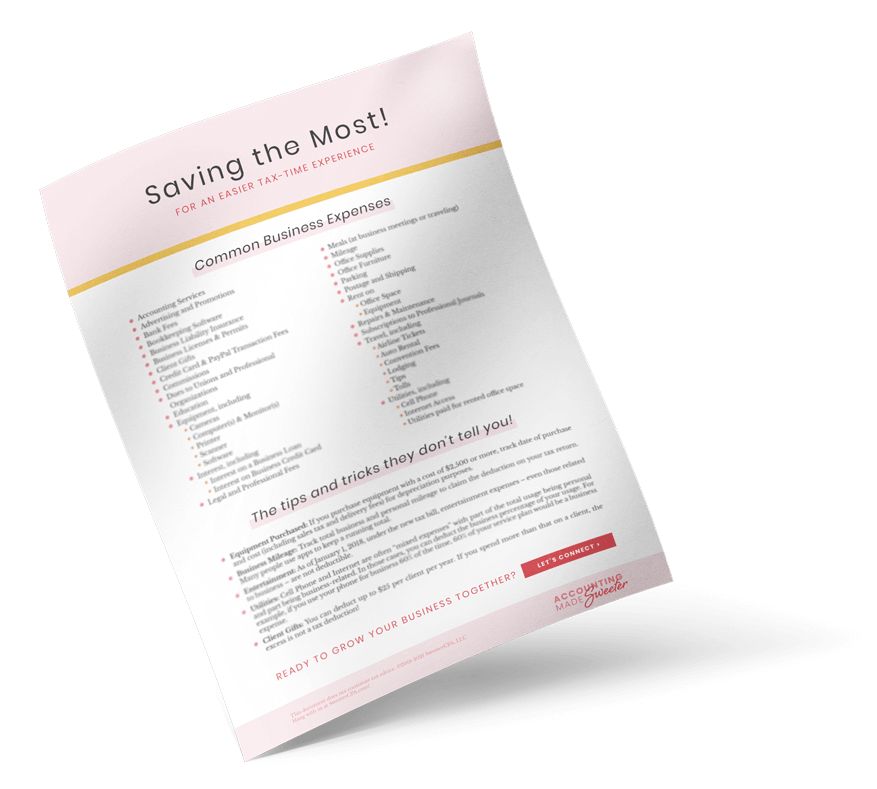Resources:
Why YOU Should Care:
You may be able to fund a Flexible Spending Account (FSA) from your pre-tax income to reimburse yourself for medical expenses.
Eligibility
FSAs are established by your employer as part of your benefit plans. Unlike the HSA, there are no requirements concerning other insurance you must retain. As FSAs are established by employers, self-employed individuals are not eligible.
Contributions
An FSA is usually funded through a voluntary reduction in salary. At the beginning of the year, you determine how much to contribute to your FSA over the course of the year and your employer deducts amounts from your salary throughout the year in proportion with your pay frequency and desired total annual contribution. There are no employment or federal income tax deductions on these contribution amounts.
Your FSA can also be funded by contributions from your employer. Employer contributions to an FSA are not included in your gross income unless they are to provide coverage fr long-term care insurance.
Limits to annual contributions will be set by each specific plan, so check with your employer. Also, keep in mind that most plans designate that amounts left in the plan at the end of the year are forfeited.
Withdrawals and Use
You can withdraw money from the account tax-free to pay for qualified medical expenses. Amounts can be withdrawn before the account is fully funded (based on amounts calculated to be funded by the end of the year from either your salary reductions or employer contributions).
Different plans have different requirements for reimbursement, but most require written proof from a third party (e.g., receipts, doctors’ notes) stating that the monies were used for qualified medical expenses.
Reporting Requirement
There are no reporting requirements for FSAs on your income tax return. Note, however, that any amount reimbursed by an FSA is not eligible to be claimed as a medical expense on Schedule A of Form 1040.



